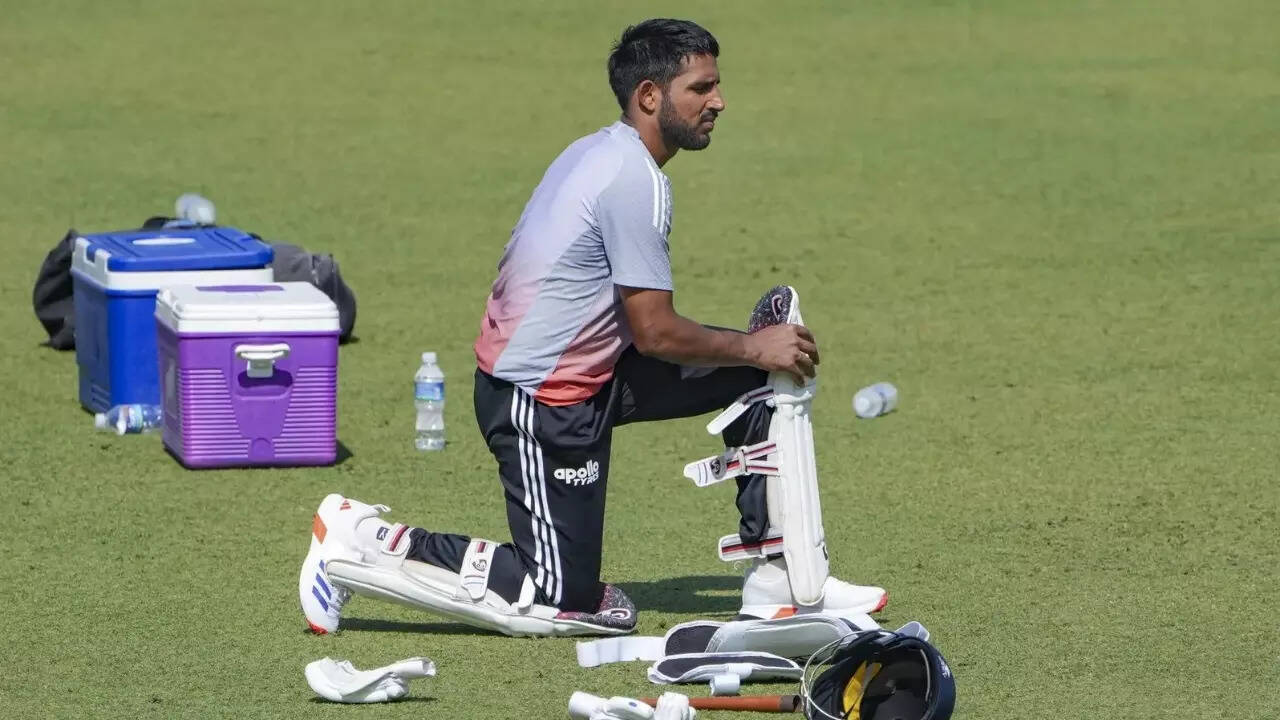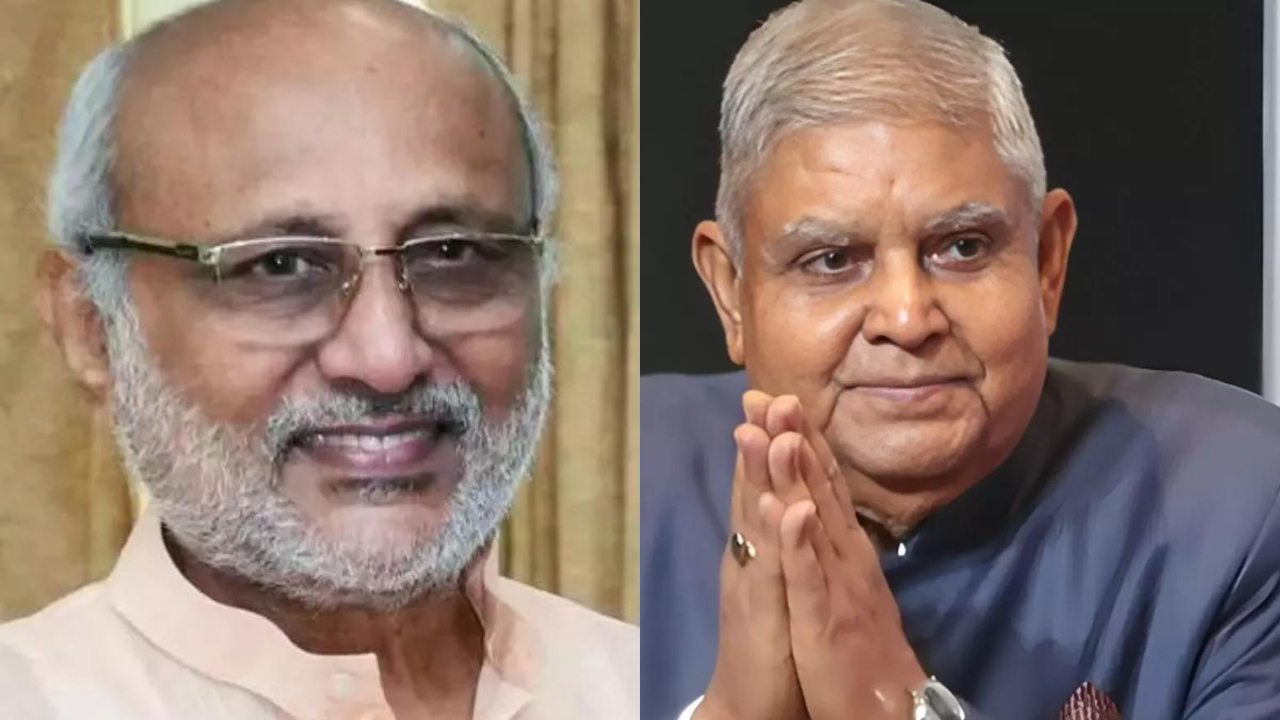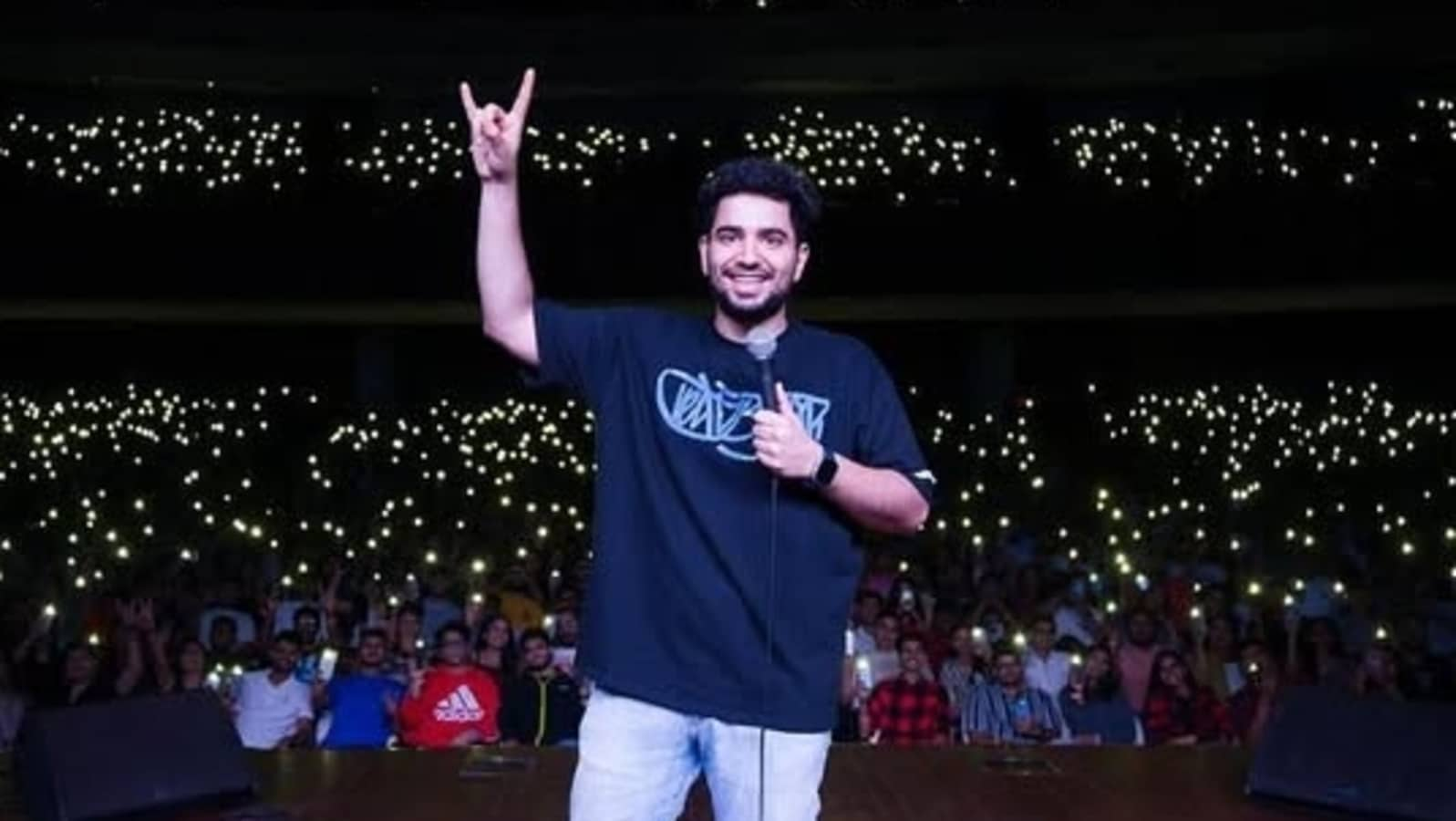Stand-up comedian Samay Raina is once again making headlines, this time for a return to the Mumbai stage. After facing controversy earlier this year, Samay performed to an audience of 25,000 across two sold-out shows as part of his ongoing India tour, Samay Raina Is Alive and Unfiltered.

God has been kind, says Samay
Sharing his gratitude on Instagram, Samay wrote, “Mumbai, I love you so much. You have given me everything… I am overwhelmed, I’m grateful to every single person who came out to see me.” He also thanked his fans for their continued support and added, “God has been kind.” Fellow comedian Tanmay Bhat also featured in the lineup.
The tour began on 15 August in Bengaluru and is now headed to Kolkata on September 6–7, Chennai on September 19–20, and Pune from September 26–28. The tour will wrap up with three back-to-back shows in Delhi on October 3, 4, and 5.
Samay apologised to Supreme Court
Earlier, Samay submitted an unconditional apology to the Supreme Court for remarks made during his now-defunct online show India’s Got Latent, which were perceived as mocking individuals with disabilities and rare genetic disorders.
In a sworn affidavit, Samay stated that he had no intention of belittling anyone and was committed to creating content that is “inclusive and sensitive.” He pledged to uphold “better conduct, content sensitivity, and legal compliance” moving forward.
Samay’s India Got Latent controversy
Samay was also involved in a controversy involving YouTuber Ranveer Allahbadia, which erupted following a widely criticised episode of Samay’s India’s Got Latent.
During the episode, Ranveer asked a contestant about witnessing or participating in their parents’ intimate act. Samay, as co-host, came under equal fire for allowing and engaging with the moment on his platform.
The backlash was swift, with multiple FIRs filed across different states, calls for cancellations, and condemnations from public figures and organisations. Both Samay and Ranveer later issued public apologies, with Samay submitting an affidavit to the Supreme Court expressing remorse and a commitment to more responsible content.











